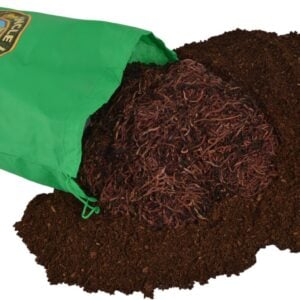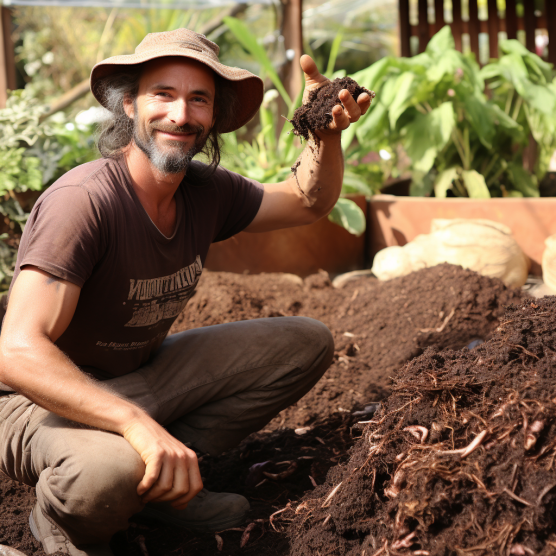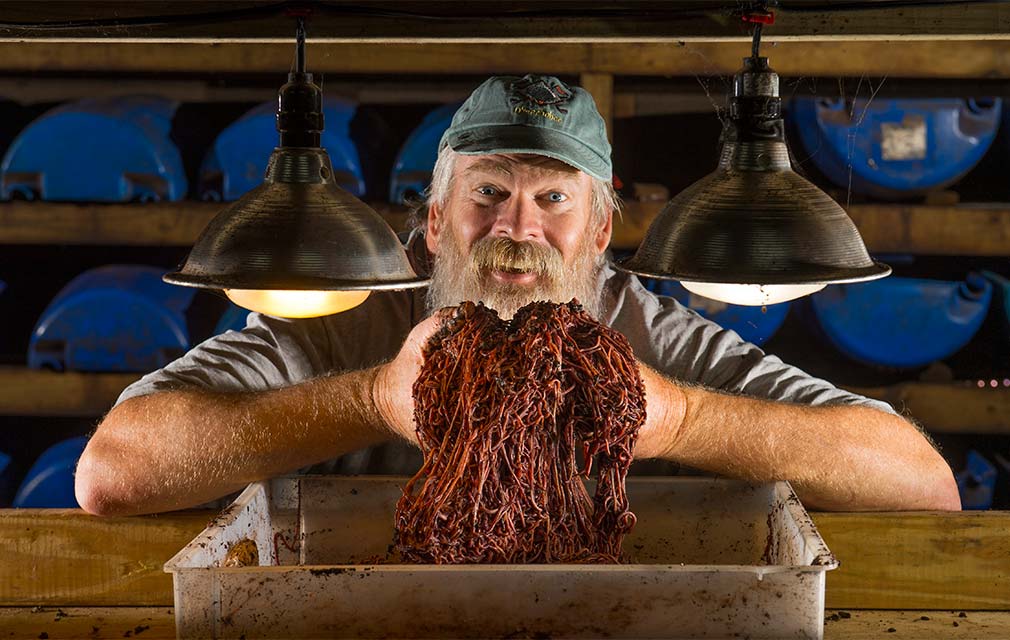Farming is no longer the situation where a child takes over the family farm that’s been in the family for years. In fact, the Bureau of Labor Statistics has reported that between 2012 to 2022 there will be a 19% decline in the employment of farmers, ranchers, and other agricultural managers.
That doesn’t necessarily mean that farming is left to the major corporations. Organic farming, for example, could still be a successful business venture for anyone interested in getting their hands dirty. In fact, organic farming has become a new field for people to explore who were once successful in other industries – Sandy Lerner, co-founder of Cisco, is just one example.
Over the last decade organic farming has become a booming industry. TIME reported earlier this year that organic sales have jumped 11.5% to to $35.1 billion in 2013. Even more promising is the fact that organic farming is expected to experience 12% growth in 2014. Why? Because it’s become mainstream. Instead of being found in niche retailers, like Whole Foods, organic produce can now be easily purchased in major retailers
If you’re interested in becoming an organic farmer, here’s what you’ll need to do so.
What is organic?
Before jumping head first into organic farming, make sure that you understand exactly what organic means?
“Organic is a labeling term that indicates that the food or other agricultural product has been produced through approved methods that integrate cultural, biological, and mechanical practices that foster cycling of resources, promote ecological balance, and conserve biodiversity. Synthetic fertilizers, sewage sludge, irradiation, and genetic engineering may not be used.”
Now that you understand what organic farming means, here are some important steps on how to become an organic farmer.
Do You Have What it Takes?
Farming, organic or not, is hard work. There will be long days in the hot sun that sometimes results in not being able to sell your product. Prior to investing your time and money into organic farming, be 100% certain that you have the drive and passion to run and work on a farm.
If you have the following traits, than you may have just what it take:
● Analytical skills
● Critical-thinking skills
● Interpersonal skills
● Mechanical skills
Education
Unless you grow up on a farm, you’re going to need to become educated on the trade. You could simply begin by working on a farm and learning hands on. However, you can also attend a college or university.
Most state universities offer ag-related courses. Depending on the type of organic farm you want to own, produce of livestock, the classes will vary. Through your education you learn how to care for the land, how to grow crops or how to properly take care of livestock. Here is a list of the top ranked universities for agriculture and forestry. More specifically, this is a list of the top ranked U.S. colleges for organic agriculture program.
Get Certified
The most important factor in organic farming is getting certified. Being certified as organic means that you and your farm are verified to label your produce or livestock as organic. Your farm can be approved by a private or State agency as long as it is accredited by the USDA.
For a complete list of certifying agencies, what you can be certified to produce and the guidelines on how to become a certified organic farmer, carefully review the National Organic Program page put together by the USDA.








